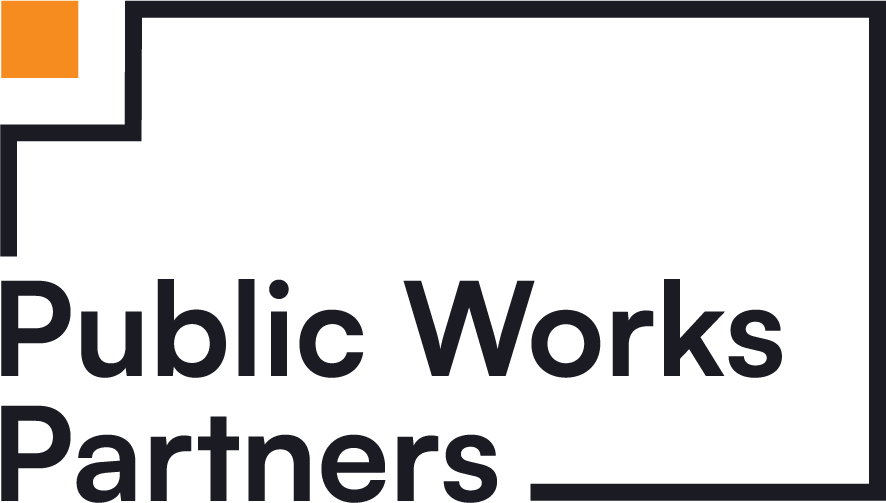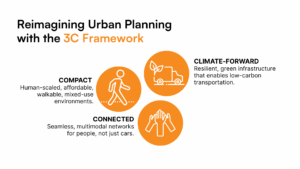
In the dynamic realm of urban planning, where cityscapes are perpetually evolving and communities are continuously growing, the significance of networking cannot be understated. For urban planners, networking is not just a tool to advance one’s career, but it’s the lifeblood that fuels innovation, collaborative problem-solving, and, most importantly, the creation of more resilient and inclusive cities.
Why Networking Matters to Urban Planners?
- Sharing Best Practices. Cities across the globe face similar challenges, from traffic congestion to sustainable housing. Through networking, planners can exchange solutions, learn about successful initiatives, and avoid pitfalls that others have encountered.
- Access to Resources. Building relationships can lead to shared resources, from tools and software to the introduction of influential stakeholders who can push a project forward.
- Collaborative Planning. As cities become more complex, so too do their problems. Networking allows for collaboration, tapping into a pool of diverse skills and expertise to tackle multifaceted urban challenges.
- Career Development. The adage, “It’s not just what you know, but who you know,” holds true in urban planning. Networking can lead to job opportunities, partnerships, and professional growth.
How to Get Started
- Attend Industry Conferences & Workshops. This is a perfect platform to meet like-minded professionals. Engage in discussions, join breakout sessions, and don’t hesitate to exchange business cards.
- Participate in Online Forums & Groups. Websites such as LinkedIn host countless urban planning groups. Engage in discussions, share your insights, and connect with global peers.
- Get Involved in your Community. Attend city council meetings, join local planning groups, or volunteer for community projects. This not only builds your local network but also keeps you informed about on-the-ground issues.
- Seek Continued Education. Enroll in courses or webinars. Not only will you learn new skills, but you’ll also meet professionals who share your interests.
- Build a Mentor-Mentee Relationship. Seek guidance from seasoned planners and, in turn, offer mentorship to the younger generation. This reciprocal relationship can be rich in insights and opportunities.
- Stay Active on Social Media. Follow influential urban planners, share your projects, and engage in topical discussions. This maintains your online presence and positions you as a thought leader.
In the intricate world of urban planning, where every decision impacts communities and ecosystems, collaboration and connection are paramount. Through effective networking, you’re not just building bridges between professionals, but creating cities that are adaptable, sustainable, and primed for the future. So, next time you’re hesitant to attend that webinar or hesitant to reach out to a colleague, remember – the future city might just be one connection away.




